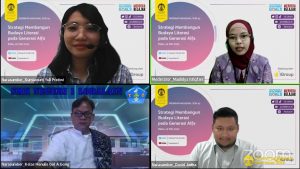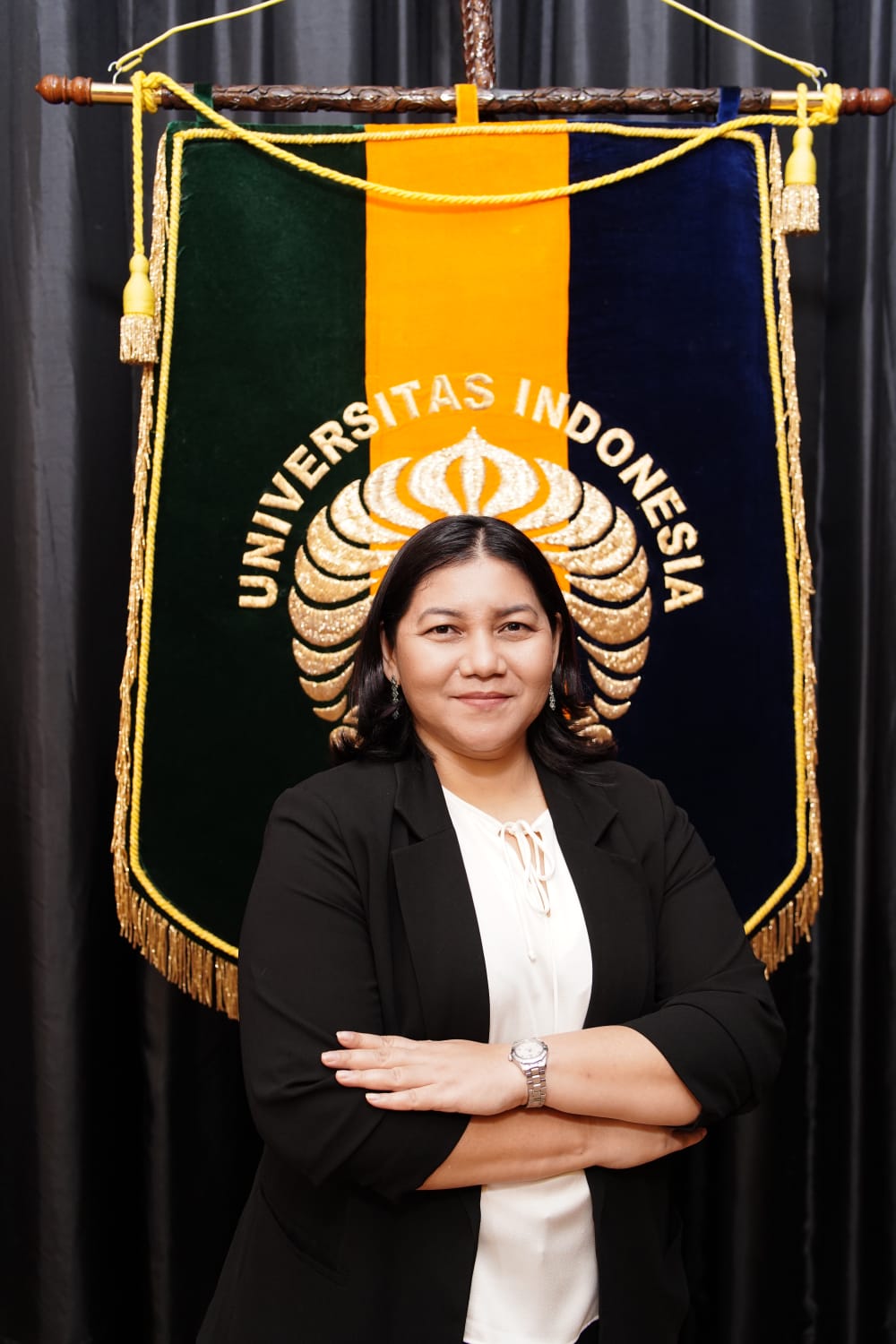
Based on a survey conducted by the Program for International Student Assessment (PISA) released by the Organization for Economic Co-operation and Development (OECD) in 2019, Indonesia is included in the 10 countries with the lowest literacy levels. According to the Indonesian Reading Ambassador, Gol A Gong, literacy culture is declining in the younger generation due to the lack of collections of books and authors. Of Indonesia’s 273 million population, only 28 million books are available in libraries. This is inversely proportional to the number of mobile phone ownership which reaches 370 million pieces.
“One of the root causes of the lack of books is the lack of writers in Indonesia. I asked the National Library, is this a shortage of books or authors? It turns out that there are no writers, that’s all,” said Gong in a webinar entitled “Strategies for Building a Literacy Culture in Generation Alpha”, Wednesday (25/5).
This webinar is the 3rd in a series of 7 national webinars held by Universitas Indonesia (UI) Library as an effort to foster a culture of literacy in the younger generation. Also present at the event: The founder of the Lentera Pustaka Community Reading Park, Dr. (c) Syarifudin Yunus, M.Pd.; UI librarian, Kurniawati Yuli Pratiwi, S. Hum.; and the Binus School Semarang librarian, David Judha Siagian, S. Hum.

UI Vice Chancellor for Academic and Student Affairs, Prof. Dr. rer. nat. Abdul Haris, quoting Strauss and Howe’s statement in the book Generations: the history of America’s future that societal generational change occurs in about every 20 years. Each generation has characteristics that influence the way they learn and manage information. According to Mark McCrindle, the Alfa generation born in 2011–2025 is a generation that is closer to digital technology compared to the previous generation. Therefore, a special strategy is needed to form a literacy culture in the Alpha generation.
“Culture of literacy is actually everyone’s responsibility and must be started early. This is related to the pattern of learning in schools and the availability of reading materials in libraries and community reading parks. Facing the Alpha generation with a strong technological influence, librarians and the literacy community need to develop a more massive and structured strategy so that this generation has a literacy culture,” said Prof. Haris.
To foster a culture of literacy in the younger generation, Syarifuddin built and manages the Lentera Community Reading Park at the foot of Mount Salak. According to Syarifuddin, reading parks must be inclusive in order to survive and still be visited by the public. The establishment of a reading park is also based on a strong reason so that people feel the importance of the presence of the reading park.
There are three important points for reading parks to survive in the community, namely readers, books, and management commitment. Another key that makes a literacy culture grow is that literacy has to be fun and enjoyable. Syarifuddin invites children to read in the open, such as rivers and bridges, in order to create a different atmosphere. “Everyone understands that reading books is important. Everyone also understands that reading books is a window to the world. However, the problem is, reading books is not always fun. I make reading the book fun this way,” said Syarifuddin.
The interest in reading for the Alpha generation can be grown through fun activities, such as storytelling. By telling stories, interactions and bonds with the target subject of the story are stronger. This activity also develops language skills, imagination and creativity, as well as character and emotions. In addition, increasing interest in reading for the Alpha generation can be done through digital media. Digital media has potential as literacy media because it is more concise, interactive, and supported by audio and animation formats—though not as comfortable as print media. As a generation that grew up with its gadgets, the Alfa generation can take advantage of the digital book trend that has continued to increase in recent years.



